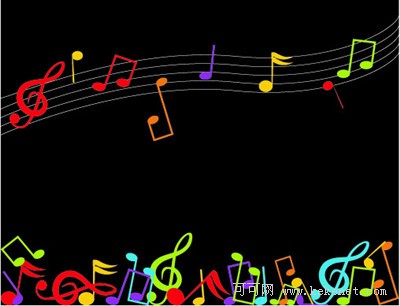(单词翻译:单击)
A hearing study of experienced musicians found they had a better chance than non-musicians of avoiding the hearing loss associated with aging. Christie Nicholson reports.
Some people may be protected from the hearing loss that often accompanies aging: yes, musicians. Scientists gave hearing tests to 74 musicians and 89 non-musicians. For the study, musicians had to be playing since at least age 16, and have a minimum of six years formal training.
Scientists tested: gap detection, the ability to hear brief breaks in continuous sound; mistuned harmonic detection, the ability to discern frequencies; speech in noise, the ability to hear conversation against a noisy background; and pure tone thresholds, this is the ability to hear tones as they get quieter.
Musicians had no advantage when it came to pure tone thresholds. But they performed significantly better in all other tests. The work is in the journal Psychology and Aging.
The three tests in which musicians have an advantage all rely on higher-level processing in the brain, as opposed to analyzing input at the level of the ear. Which suggests that musical training makes the brain better at filtering sound.
—Christie Nicholson
一个关于老练音乐家们的听力测试发现,他们比非音乐家有更好的机会避免随着年龄增长丧失听力。克里斯蒂·尼克尔森如是报道。
有些人能够免受伴随着年老的记忆丧失:是的,音乐家。科学家对74个音乐家和89个非音乐家做了听力测试。在这个研究中,音乐家是不得不至少从16岁开始一直演奏,最少有六年的正式训练的。
科学测试:间隙检测,在连续的语音中听简短的中断的能力;走调谐音检测,辨别频率的能力;噪音中的演讲,在嘈杂背景下听会话的能力;纯音阈值,在他们安装消声器时听口音。
当涉及纯音阈值时音乐家没有优势。但他们在所有其他测试中明显表现的更好。这项工作在《心理与老年》期刊里。
音乐家有优势的三个测验都依赖于大脑中的高水平处理,根据对照听觉水平输入的分析。那就表明音乐训练使大脑能够更好的过滤语音。
—克里斯蒂·尼克尔森



